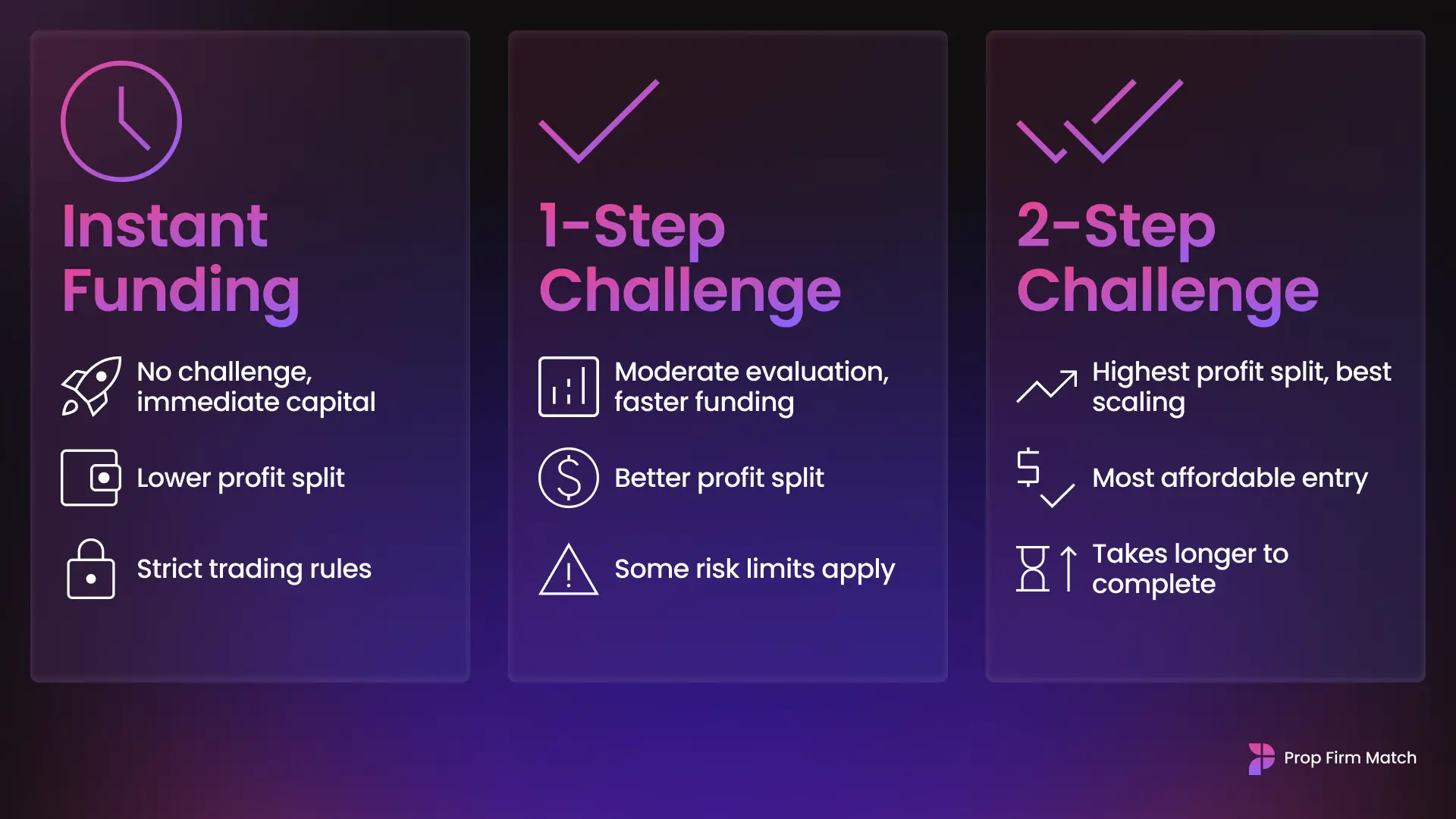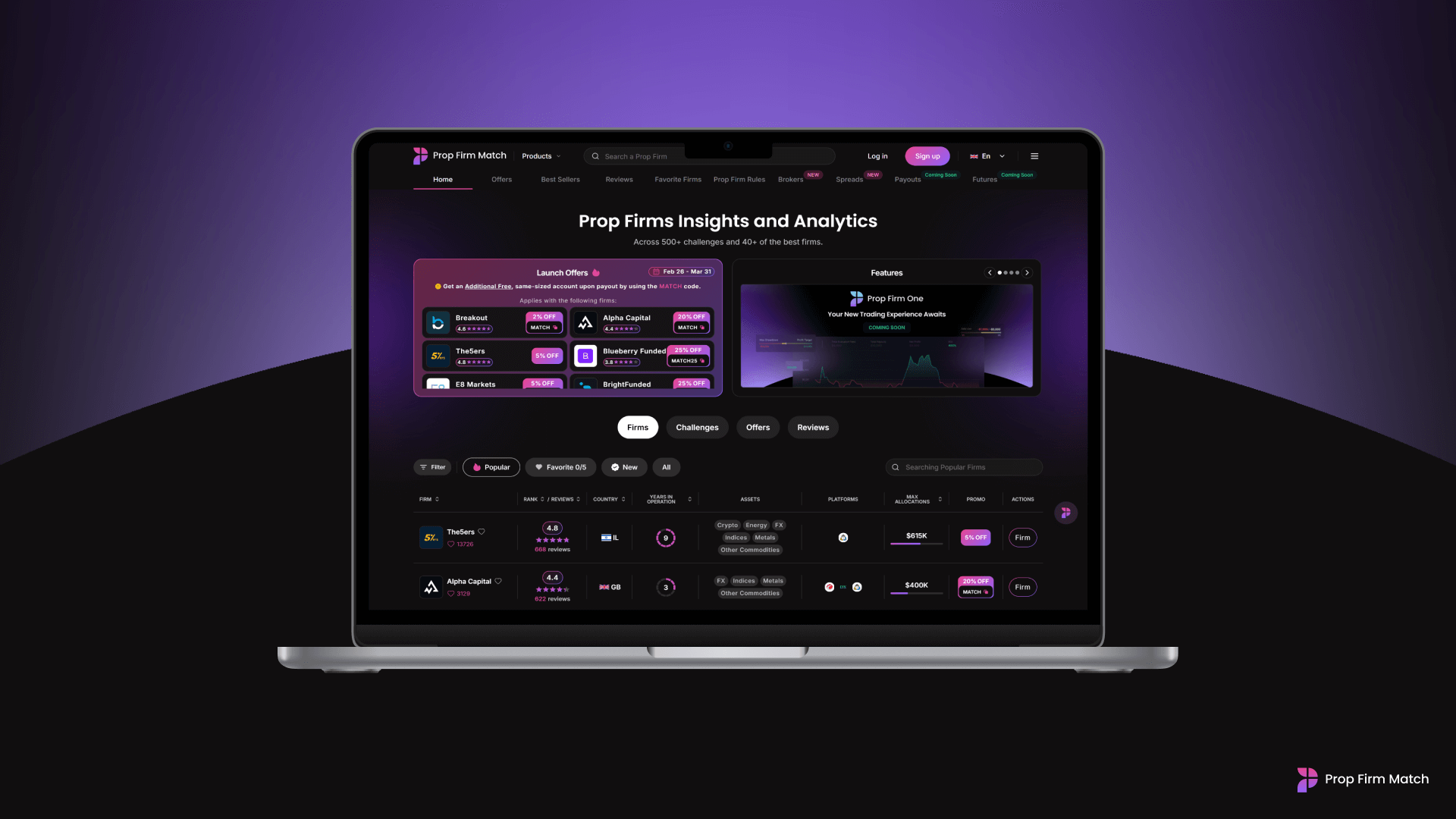
12 Aspects to Consider When Choosing a Prop Trading Firm
February 18th, 2025
Choosing a Prop Firm
prop trading basics,prop firms,learn prop trading,trading insights,trading platform,learn prop trading,forex reviews,prop firms,trading platform,futures reviews,prop trading basics,trading insights,trading tips,trading insights,trading platform,prop trading basics,trading platform,trading platform,forex reviews,prop trading basics,trading tips,prop firms,prop trading basics,trading insights,trading tips,trading insights,trading platform,trading insights,futures,futures reviews
Keep Reading
© 2025 Prop Firm Match. All rights reserved.



